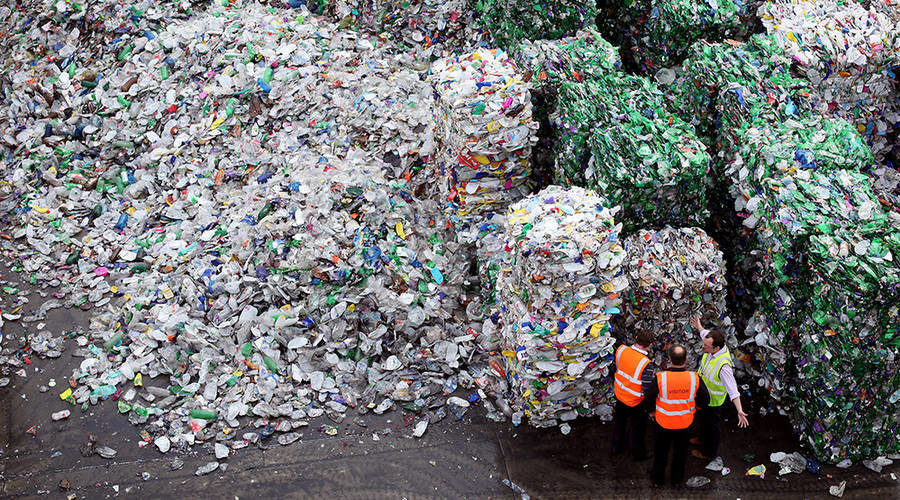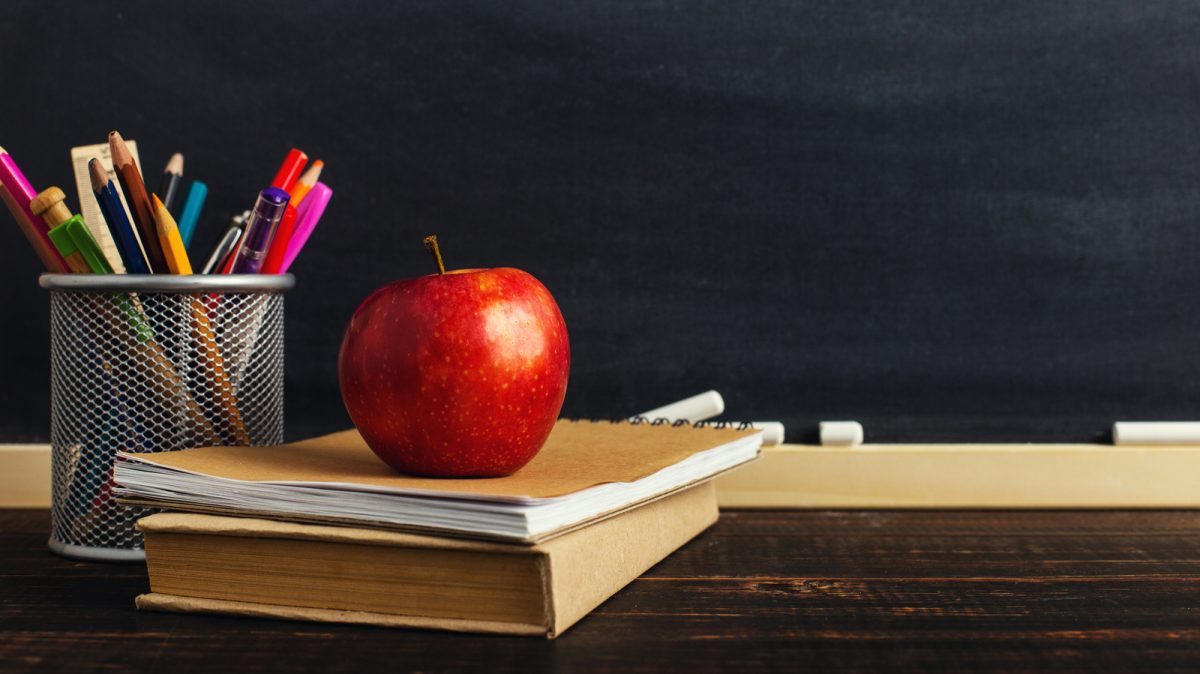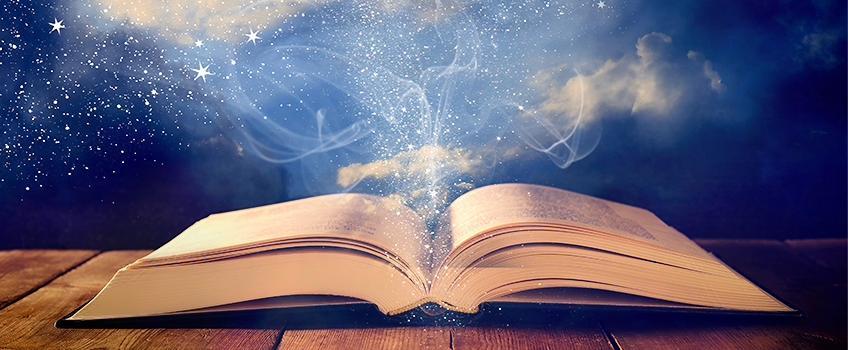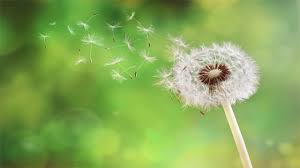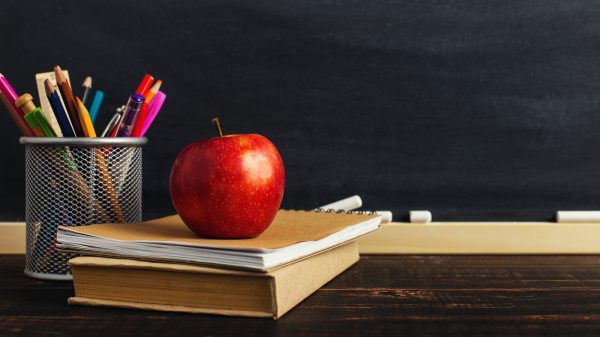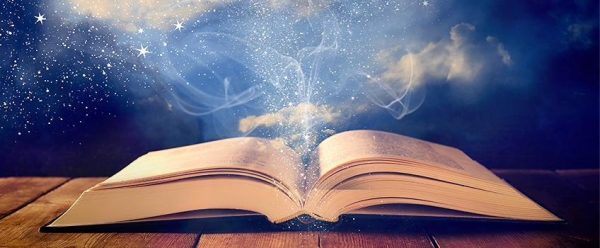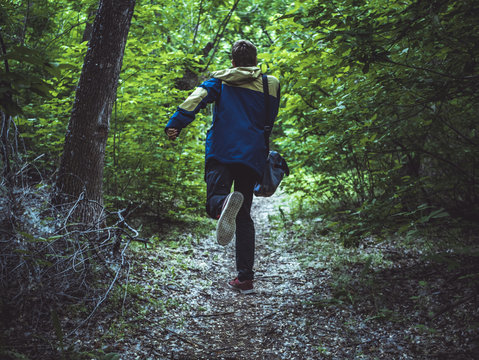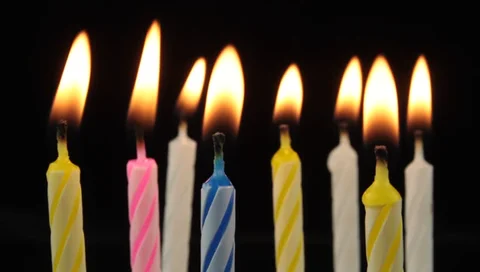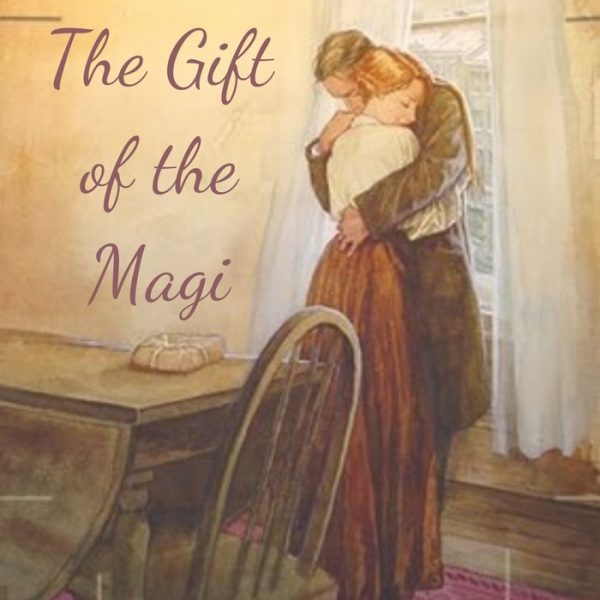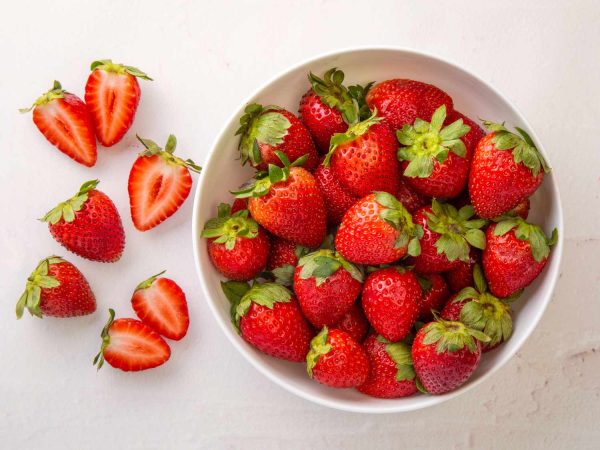Don’t know what to recycle? Here are a few helpful tips.
LONDON – MARCH 25: Marketing manager Nick Cliffe of the ‘Closed Loop Recycling’ plant walks people through the recycling process on March 25, 2010 in London, United Kingdom. The state of the art plant is the first in the UK to produce food grade recycled plastic from bottle waste. Over 35,00 tonnes of plastic bottles are recycled at the plant annually, representing almost 20% of the plastic bottles currently collected for recycling in the UK, and saving approximately 52,500 tonnes of carbon dioxide per year. (Photo by Dan Kitwood/Getty Images)
April 13, 2019
We all know that recycling helps the environment by reducing the amount of waste that ends up in landfills. What most people probably do not know is that 25% of all things recycled are not actually recyclable. What’s worse is that some of these non-recyclable items contaminate ones that can, rendering ordinarily recyclable items unrecyclable.
In Frederick County, recyclable items include empty plastic bottles, jugs, tubs, and jars (including the lids); empty class jars and bottles (including lids); aluminium and steel food containers like cans and pie tins; clean aluminium foil; empty aerosol cans; juice boxes (not pouches); papers, such as newspapers, magazines, junk mail, envelopes, books, corrugated cardboard, greeting cards and wrapping paper (without glitter or foil); plastic or paper milk and juice cartons; paperboard boxes (like cereal boxes); and shredded paper inside a bag.
Things that are not recyclable include any container that is not empty; plastic bags; Styrofoam; napkins, tissues (even if unused); any non-packaging metals (such as pots or pans); rubber, PVC, or vinyl; and pretty much any non-reusable, non-metallic container that has touched food or hazardous materials (including, but not limited to, plastic or foil food wrappers, pesticide, motor oil, and antifreeze containers).
But why is it so important to only recycle things that are recyclable? There are several reasons. First, recycling unrecyclable things increases the cost of recycling, due to the plants having to employ more workers to sort out the trash. It also leads to a lower-quality product, which lowers the cost of the recycled material. These two factors combined have begun to make recycling economically unfeasible for the recycling plants. Another reason is that, due to the contaminants, China has placed restrictions that forbid the country from purchasing any recycled materials with more than 0.5% contamination. Due to the fact that American recycled materials contain around 25% contaminants, this effectively prohibits the sale of American recycling to the world’s largest consumer of recycled materials.
Sources
Nwaogu, Claudia. “The Battle Against Recycling Contamination Is Everyone’s Battle.” Waste Management, 4 Apr. 2018, mediaroom.wm.com/the-battle-against-recycling-contamination-is-everyones-battle/.
“What Can I Recycle?” Frederick County, frederickcountymd.gov/3549/What-Can-I-Recycle.



